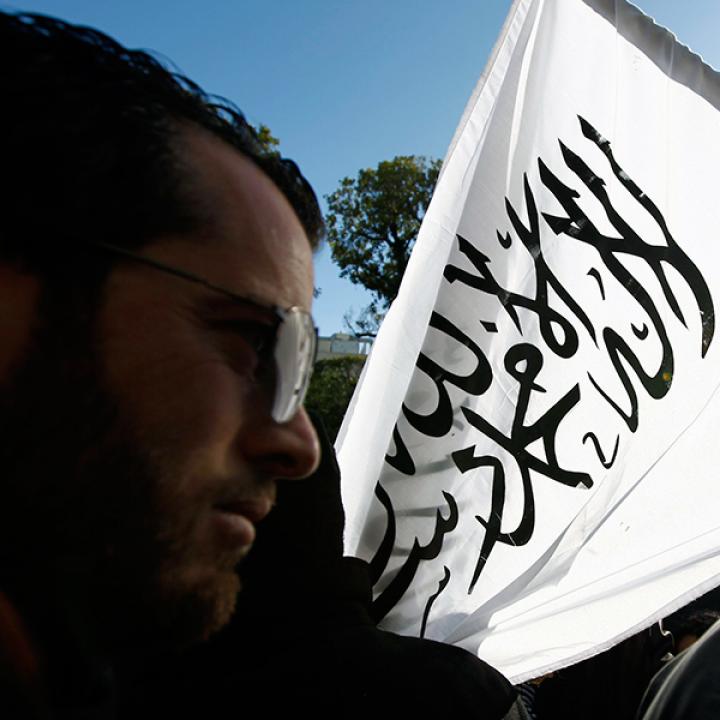
- Policy Analysis
- Articles & Op-Eds
From Political Islam to Muslim Democracy: Tunisia's Ennahda Changes Course
by
Sarah Feuer
Jun 8, 2016
Also available in



